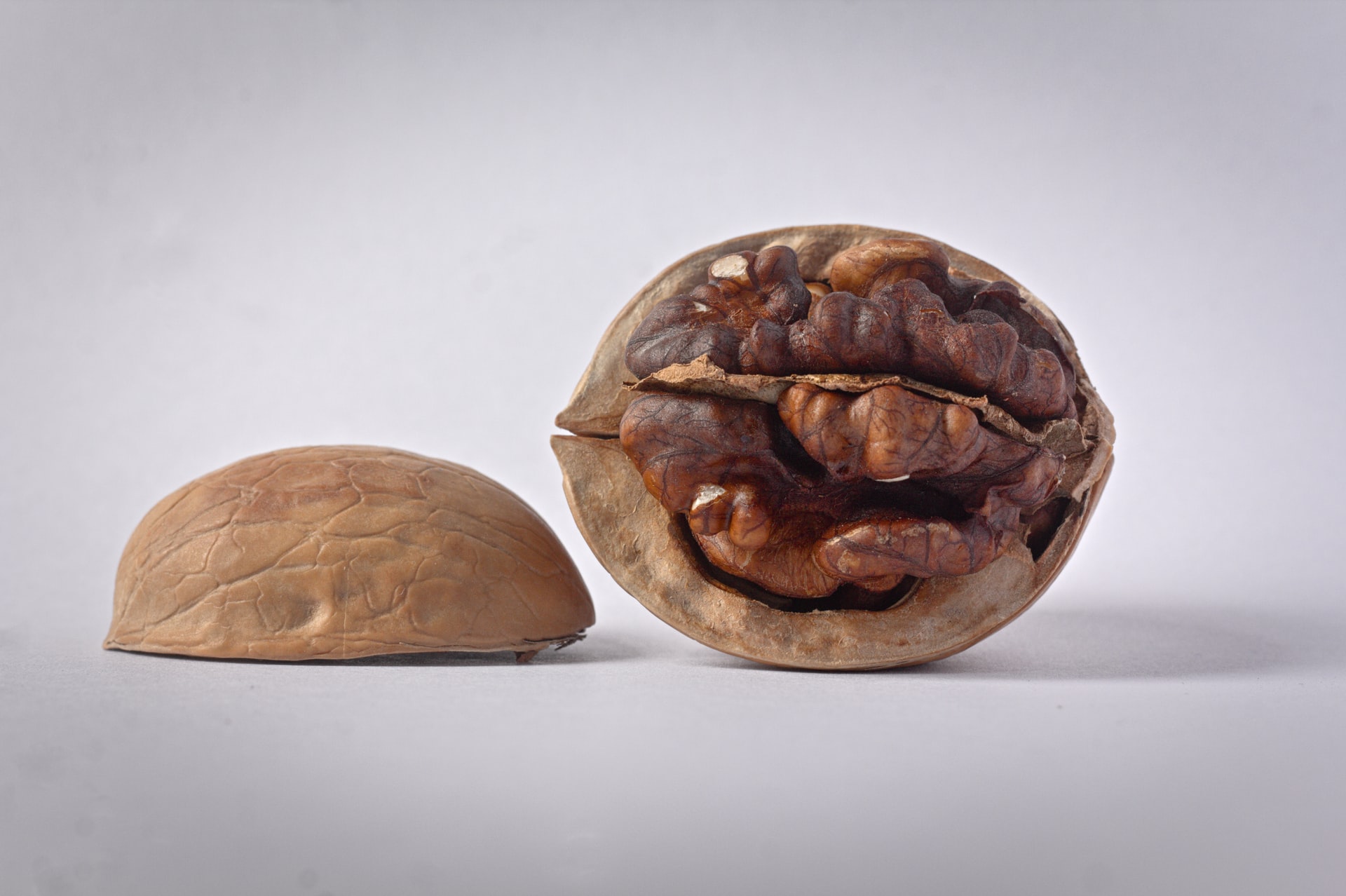Delta participated in the Work Stress Week and learned how brain training helps to resist the pressure. Four tips.
Exercise is beneficial for your brain. And there are more ways to strengthen it. (Photo: Ritesh Tamrakar/Unsplash)
However amazing science can be, life is not always rosy in the academic world. Last week an alarming national study into the mental well-being of Dutch students appeared. The conclusions were glaring: pressure to perform and loneliness due to the pandemic were among the worst contributors negatively affecting a happy life. Earlier this year it became apparent that foreign students also suffer from many emotional problems. And we know that some staff members are having a hard time from the VSNU study of work pressure. It reported that one in three scientists feels completely exhausted at the end of a working day.
Because all of us are under considerable pressure, TU Delft is again participating in the national work stress week. This year the main theme is ‘mentally strong’. A week is not enough to remove the deeper underlying causes of work stress of course – just ask the minister (in Dutch). But it does help in the sense that it provides a welcome access to all sorts of (online) activities (intranet) to become mentally stronger.
Delta could also use some extra mental strength – nothing is strange to us – and we therefore participated in a half-hour of online strength training for your brain. The same training session is being offered again on Thursday, November 18 (in Dutch, via Teams) and you can still register for it. No time, too much to do? Then at least read the four lessons that Delta learned from attending:
- Your brain loves patterns, repetition and predictability. So much so that it can affect your perception – just look at this illustration. Your brain focusses so much on the pattern of blocks that you do not perceive the lines correctly (they seem to be slanted, but are actually straight). The same can happen for your perception of stress. ‘If you say you are busy one hundred times, you will naturally not feel restful,’ said a Loesje poster.
- Stress rarely has anything to do with the moment you are in. Often it involves brooding about things that are in the past or still to come. Simple breathing exercises, even if just for a minute, can help you to pull your thoughts away from the past or the future. When you are focussed on the present, there is less brooding, more concentration on what you are doing – and thus often better results and fewer reasons to be stressed.
- Exercise. However heavily the deadlines are weighing on you, however long your to-do list is: resist the temptation to continue working and take at least 20 minutes off to exercise every day – take a walk, for example (do you know that eponymous – Dutch – app?) Exercise benefits your thinking organ because it sends the oxygen and nutrients to your brain that it needs. It also engenders the production of new brain cells, strengthens the connections between the cells and improves the working of signalling molecules – all factors that can improve your brain even more.
- Focus. Multitasking is actually a synonym for stress. Most people perform poorly when they are distracted, more so than when they are focussed. And the frustration about that is another source of distraction, and thus the stress keeps piling up. So: focus. Grant yourself the flow of total concentration. Turn off your e-mail notifications, put your Teams-status on ‘Do not disturb’, put your telephone (on silent) in your bag and do what you have to do.
Spoiler alert: one exercise from the training session clearly revealed in a playful way that multitasking really is an enormous brain drain:
- take pen and paper, plus the stopwatch on your telephone
- write MULTITASKING IS A LIE, while inserting a number from the series 1-18. For example: M1U2L3T4I5, etc. Use the stopwatch to time how long it takes you.
- then do the same thing again, but then not combined. Write MULTITASKING IS A LIE and then write 123456789101112131415161718, and see how long it takes you.
Marieke Enter / Nieuwsredacteur



Comments are closed.